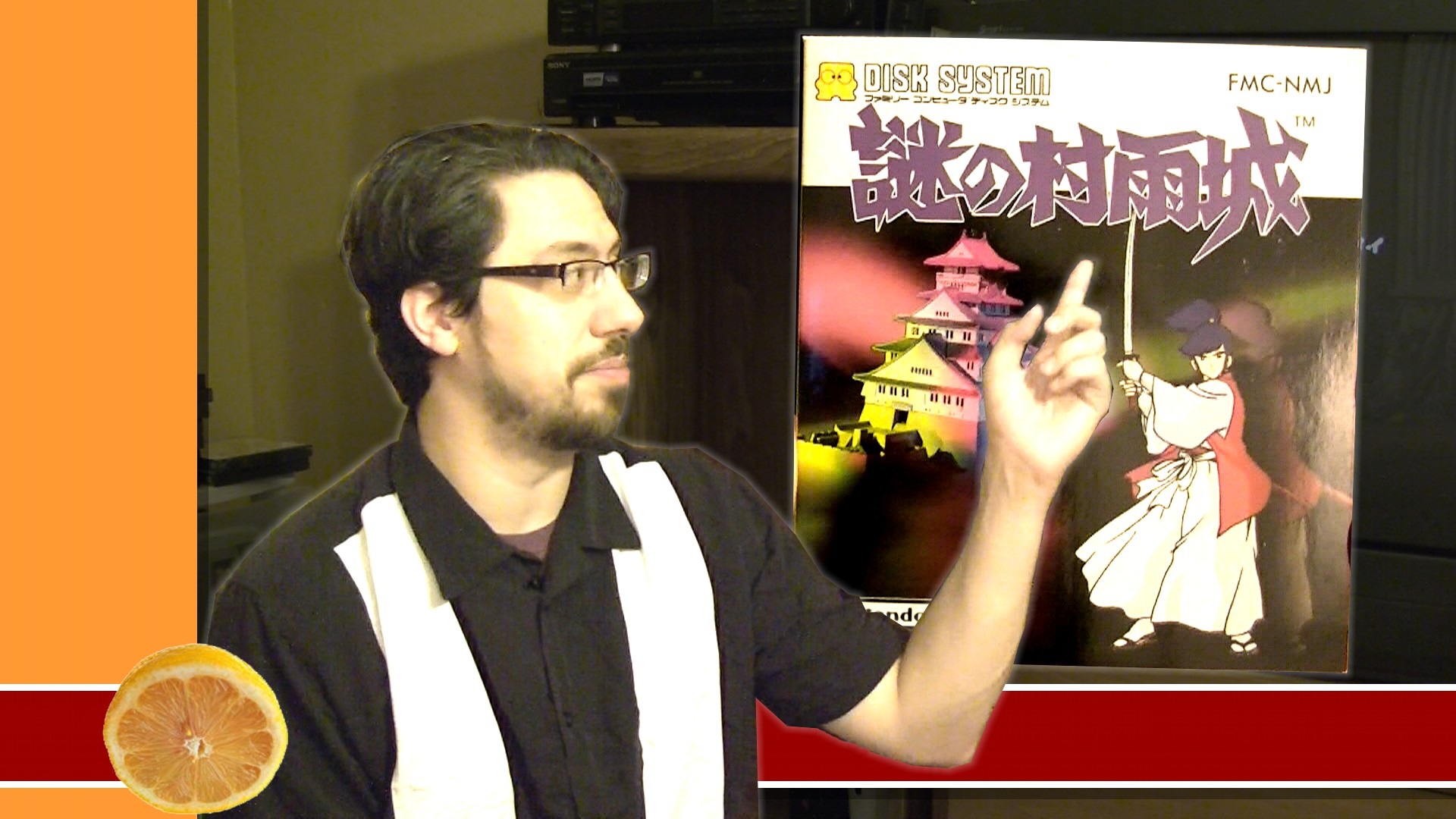Your Civil War Week – 8/9/2006
by Dru, filed in Comics on Aug.09, 2006
 Civil War brings us two issues this week, Ms. Marvel #6 and Front Line #5. Ms. Marvel was an unpalatable turd rating a grade of D / C, and Front Line was excellent as usual, rating an B+ / B-. To get an explanation of why, and to gorge yourself on spoilers a’plenty, continue on.
Civil War brings us two issues this week, Ms. Marvel #6 and Front Line #5. Ms. Marvel was an unpalatable turd rating a grade of D / C, and Front Line was excellent as usual, rating an B+ / B-. To get an explanation of why, and to gorge yourself on spoilers a’plenty, continue on.
 Ms. Marvel #6
Ms. Marvel #6
written by Brian Reed, art by Roberto De La Torre
Overall Grade: D
As a Civil War book: C
Wow. I wish I hadn’t picked this book up. To set the unfortunate stage: Ms. Marvel is on the pro-registration side; and she, Wonder Man, and the old Spider-Woman (the one in the cool, black suit – Julia Carpenter) are gathered up to hunt down unregistered heroes. For the sake of this review, I’m going to ignore the adequate but uninspired and only moderately interesting ‘traitor’ subplot. What I’m here to bitch about is that Wonder Man and Ms. Marvel were assigned to take down Araña, a teenage chick who is effectively the Spider-Girl of the Marvel U, a newbie rookie of questionable power levels.
When these two stop for fast food, fortunately Araña happens to be working the counter. And then the place gets held up. She ducks behind the counter to suit up (with some creepy carapace she has), which apparently takes 5 minutes to do, as Ms. Marvel and Wonder Man have time to do THIS to the would-be robbers (in silence, apparently) –
 before she finally jumps out from behind the counter in hideous, hideous costume. It seems we’re supposed to assume 1) that it took her that long to suit up, 2) that she believed she could get changed behind the counter without getting caught, and 3) that she heard NOTHING of the fight happening WAY over on the other side of that counter. I’m horrified.
before she finally jumps out from behind the counter in hideous, hideous costume. It seems we’re supposed to assume 1) that it took her that long to suit up, 2) that she believed she could get changed behind the counter without getting caught, and 3) that she heard NOTHING of the fight happening WAY over on the other side of that counter. I’m horrified.
 Civil War: Front Line #5
Civil War: Front Line #5
written by Paul Jenkins, art by Ramon Bachs, Steve Lieber, Lee Weeks, & Roy Allen Martinez
Overall Grade: B+
As a Civil War book: B-
Overall, this book does a good job of bringing the story. Segment 1 continues the story of Ben Urich and Sally Floyd, with their respective problems. Ben sits around and whines at J. Jonah, and Sally – with an interesting real-world twist – is getting jailed for not revealing her sources.
Segment 2 continues Speedball’s story, by taking him to jail in … the Negative Zone? We’re told this is where they’re sticking unregistered heroes who’ve been captured, so I suppose this is follow up on Robbie’s powers flaring up last issue. Good thing Annihilus is busy in the Annihilation event and not back at home in the Negative Zone watching this happen.
Segment 3 shows us how having registering heroes helps in prosecuting the villains they’ve captured. But then it shows the price of registering by screwing Wonder Man into hunting down our missing Atlantean aquarium store owner, against his wishes.
Segment 4 is another one of those pointless real-world war stories being bludgeoned into our heads, assuring us that their Civil War is deep and meaningful – rather than just letting the story tell us that on its own. I never get tired of being tired of these.
So what are we to take away from this? What I’m seeing, basically, is that pro-registration people are either tools or chumps. Let’s review – Segment 1 reminds us that the Registration Act let the Green Goblin out to run around, and then they arrest Sally because she won’t give up sources – a source she doesn’t even know anyway. Segment 2 has a prison being set up shop in the Negative Zone. I guess it’s a parallel to Guantanamo Bay. Whatever it is, it’s a poor location, based on the history of the place. Lastly, segment 3 starts off by showing the benefits of registering heroes when it comes to having them testify in court, and whatnot. But then, it closes with SHIELD using his registered status to blackmail him into doing their dirty work. I don’t want to talk about Segment 4, but to briefly sum up, it shows Spider-Man and Iron Man beating the tar out of minor characters. Not really a sympathetic view of them. All in all, this book – like almost all other Civil War books – shows an incredibly dark view of pro-registration people, while showing anti-reg people as being victims of a unconscionable, ruthless government.
As a book about the alleged themes of Civil War, this does a poor job of bringing moral grey areas into light and it does little to challenge on a moral level. As a general story, it’s a very interesting story of super-powered people helplessly trying to stand up against a formless, all-powerful government. THAT is an interesting story, and played as such, I definitely care about the people facing that struggle. But played as two forms of moral right, they’re doing a poor job of it, all across the board.


 PS3
PS3
 Famicom Dojo
Famicom Dojo KEEP PLAYING
KEEP PLAYING KEEP PLAYING: Rewind
KEEP PLAYING: Rewind Powet Toys
Powet Toys Powetcast
Powetcast Hitchhiker's Guide POWETcast
Hitchhiker's Guide POWETcast














